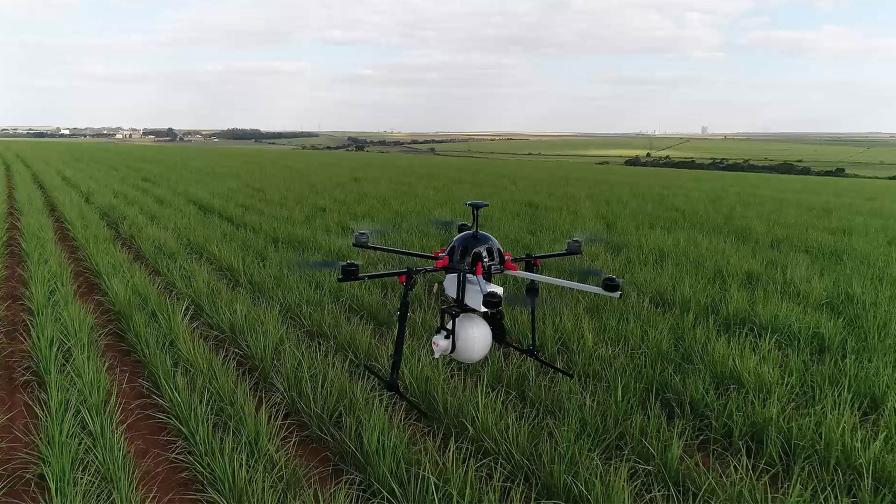BASF to Shutter GM Plant Science in Germany, Cut Jobs
BASF is calling it quits on trying to get Europeans to accept genetically modified crops.
The world’s biggest chemical maker and one of the Big 6 crop protection companies said on Monday it will stop work on biotech plants for European markets and move its Plant Science business from Germany to the United States, raising questions about the future of GM crops on the biotech-skeptical continent.
Among the crops to be halted for development and commercialization are four GM potatoes — including Amflora, one of just two GM crops the European Union has approved for cultivation — and one wheat variety. BASF said it will continue the regulatory approval processes for the products already started.
The actions will eliminate 140 jobs in Europe.
“We are convinced that plant biotechnology is a key technology for the 21st century. However, there is still a lack of acceptance for this technology in many parts of Europe – from the majority of consumers, farmers and politicians. Therefore, it does not make business sense to continue investing in products exclusively for cultivation in this market,” Dr. Stefan Marcinowski, BASF board member, said in a statement. It will instead focus on developing plant biotechnology in North and South America and Asia, he said.
BASF will relocate its Plant Science unit in Limburgerhof, Germany to its US headquarters in Research Triangle Park near Raleigh, North Carolina. It will close two smaller sites in Gatersleben, Germany, and in Svalöv, Sweden, where 57 and six people are employed, respectively. In total, it plans to transfer 123 positions and reduce 78 positions over the next two years. Limburgerhof will retain 11 positions in some functions such as regulatory for Europe.
The activities of its Crop Protection division in Limburgerhof are unaffected, it said.
In October, the company had applied for European Commission approval of its GM table potato Fortuna, which is resistant to the late-blight disease that wipes out up to 20% of the global potato harvest every year. The application followed a rare approval in March 2010 of its genetically optimized starch potato Amflora, which was engineered for industrial and feed purposes rather than human consumption. The only other GM crop approved for cultivation in the EU is Monsanto’s MON-810 Bt corn.
While there are 40-plus GMOs authorized for feed and food in the EU, six member states — Austria, France, Greece, Hungary, Germany and Luxembourg — have invoked a so-called safeguard clause that bans the cultivation of GM crops.
BASF will no longer develop or commercialize Fortuna, nor its starch potatoes (Amflora, Amadea and Modena). Development of a wheat variety resistant to fungal disease will also be ceased.
It will continue to focus on yield and stress traits, including its collaboration with Monsanto for corn, soy, cotton, canola and wheat. At the end of 2011, the first product from this partnership, drought-tolerant corn, was approved for cultivation in the United States. Cultivance soybeans, developed with Embrapa, were approved for cultivation in Brazil at the end of 2009, and the approval process for key export markets is ongoing.
BASF said it will strengthen its research facilities at metanomics GmbH in Berlin, a metabolite profiling company, and corn and rice trait discovery firm CropDesign in Ghent, concentrating its R&D efforts in these places as well as in Raleigh.
Source: BASF






